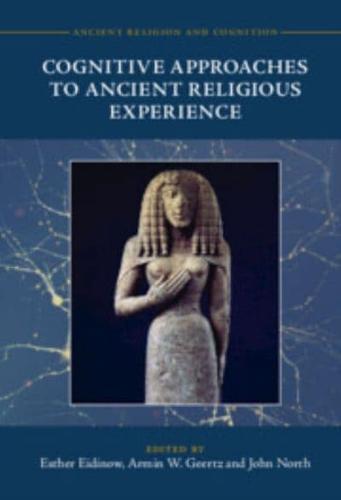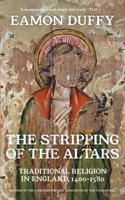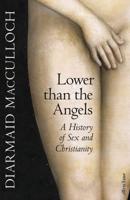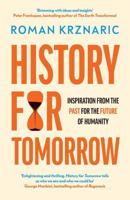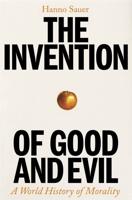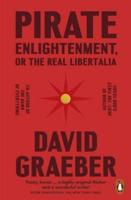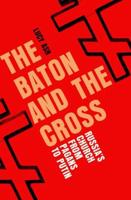Publisher's Synopsis
For some time interest has been growing in a dialogue between modern scientific research into human cognition and research in the humanities. This ground-breaking volume focuses this dialogue on the religious experience of men and women in the ancient Greek and Roman worlds. Each chapter examines a particular historical problem arising from an ancient religious activity and the contributions range across a wide variety of both ancient contexts and sources, exploring and integrating literary, epigraphic, visual and archaeological evidence. In order to avoid a simple polarity between physical aspects (ritual) and mental aspects (belief) of religion, the contributors draw on theories of cognition as embodied, emergent, enactive and extended, accepting the complexity, multimodality and multicausality of human life. Through this interdisciplinary approach, the chapters open up new questions around and develop new insights into the physical, emotional, and cognitive aspects of ancient religions.
